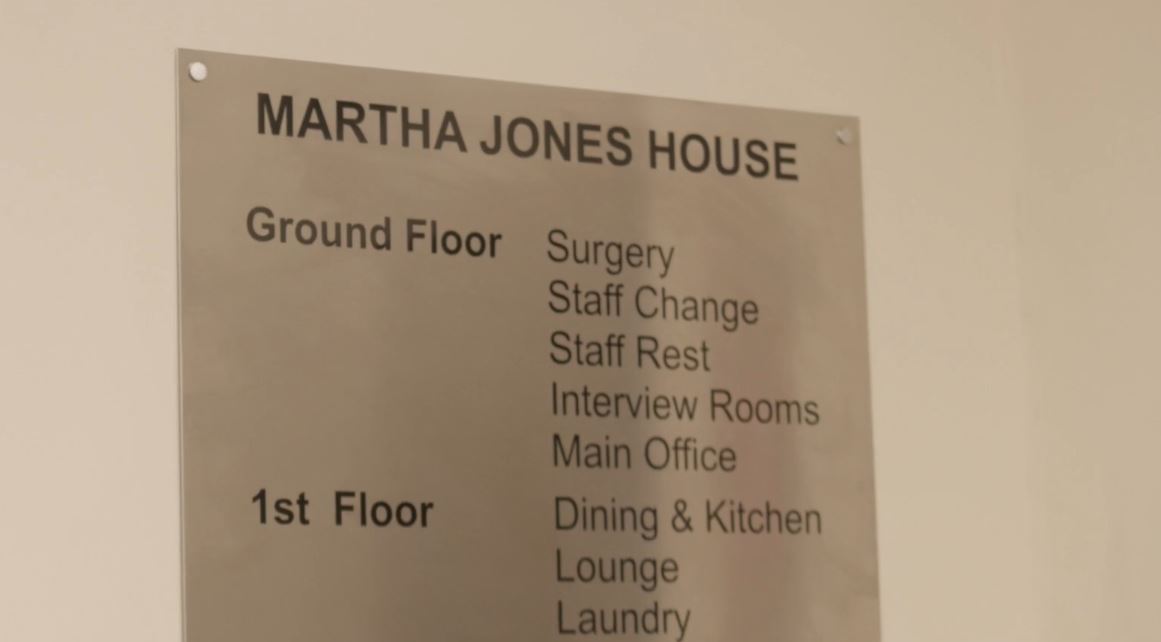A Day in the Life of an Assistant Support Worker
Lindsey started her traineeship with Thames Reach in 2020. A year on, she reflects on her current role as assistant support worker, and how the trainee experience helped her gain confidence in the role

Lindsey Shepherd, Assistant Support Worker, Martha Jones House
“Two days are never the same at the hostel. One constant however, is that shifts always begin with a handover from the previous team. This provides an opportunity to highlight any clients who we are concerned about and may need to monitor throughout the day.
“The morning is usually focused around reminding clients of their appointments and ensuring that they are supported to attend them. Although most of our work takes place in-house, we sometimes accompany clients to probation, drug rehabilitation services and to the job centre. As a trainee, I had more time available to visit local services, including day centres and support groups, which gave me a more holistic insight into how the local authority are able to support those experiencing homelessness. A lot of our role includes liaising with other agencies to advocate on behalf of our clients, so it helps to establish a rapport with them.
“At midday every day, we enter every room to do a welfare check, to ensure that all of our residents are safe and that the building is secure. We will also do a sweep of the local area to identify whether there are any rough sleepers and report these to the outreach team. The building has an in-house surgery, so once a week a GP and nurse from the local practice come in to provide medical assistance to our residents, reducing the barriers for them to access mainstream healthcare.
“There are normally several activity groups that run in the hostel throughout the week, which trainees take a leading role in running. For example, I helped to facilitate an arts class with a local creative group called Duckie. It was a space for clients to express how they were feeling through a range of different mediums such as: dance videos, flick-through sketchbooks and joke books. We also ran a cooking group, in which we would accompany clients to the supermarket to buy the ingredients for a dish of their choice.
“We’re a high-needs hostel, which means many of our residents have complex support needs, including difficulties with their mental health and substance use. Much of our work is therefore focused on encouraging them to reduce their dependence on drugs and alcohol, maximising and budgeting finances, preparation for employment, increasing their living skills, encouraging a meaningful use of time and addressing physical health needs.
“As a trainee I had less clients, which meant that I had a lot more time to spend with them. Ideally, we have at least one in-depth key work session per client each week. This is a space for clients to discuss any grievances and consider how to work towards their move on. Where possible, I try to have the sessions outside of the building to reduce distractions.
“The traineeship was a gentle introduction into working in the homeless sector. I was able to shadow at many of Thames Reach’s other projects including hostels, outreach and floating support. This gave me the opportunity to develop my understanding of what services are available and to decide where my skills would best fit in before applying for a job. My manager is really supportive and encouraged me to focus on what I’m interested in. I had expressed an interest in working with women, so she has allowed me to take the lead in this area. I have attended multi-agency meetings on prostitution, outreached sex workers on the streets and will run a women’s space once the lockdown measures have ended.
“The benefit of working in a hostel is that you can work very closely with clients within their own home and can therefore follow their development closely. It also means that you always have your team by your side. We have bi-weekly Reflective Practice sessions as a space to discuss any challenging situations we have faced and to decide a collaborative approach of how we can best support a client. Ironically, the most rewarding part of the job for me is seeing people leave. Martha Jones House is only intended to be a temporary solution to rough sleeping and prepare them for their next chapter.”
Thames Reach’s traineeship programme is open for 2021. This year’s cohort will start in May 2021, and the deadline for applications is 7 February. Click here for more information on becoming a trainee.
